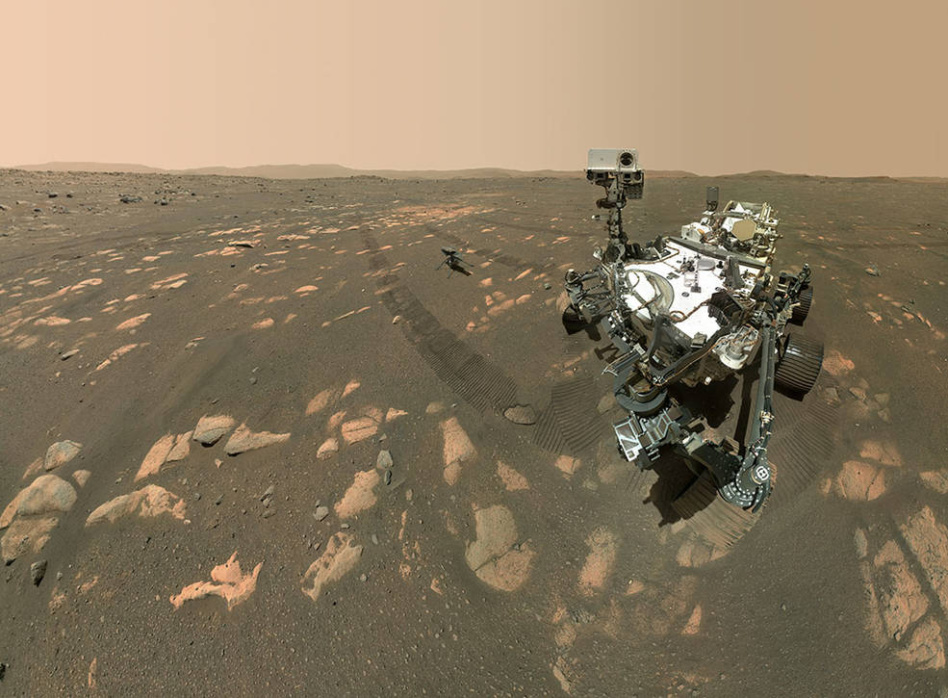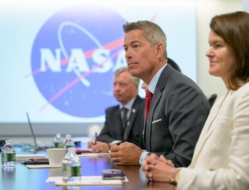The Senate has unveiled its initial ~$25B FY24 NASA budget, roughly maintaining YoY funding levels, but coming in significantly below the White House’s $27.2B ask. The budget plateau results from an eleventh-hour debt limit deal struck at the end of May that keeps non-defense spending flat YoY.
The most notable casualty is Mars Sample Return (MSR).
On the chopping block: MSR aims to collect samples from Mars and bring them back to Earth for detailed analysis. NASA’s Perseverance rover has already started the collection process, stowing samples of Martian sediment at various points on its trek across the planet’s Jezero Crater. Over the past few years, Congress has provided $1.74B to the program.
However, despite the support to date, Senate appropriators are now alarmed at NASA’s repeated delays for the retrieval mission and skyrocketing costs.
- A recent report from Ars Technica revealed that projected costs for the program have doubled from $4.4B to nearly $9B.
The Senate committee recommended allocating just $300M to MSR for FY24, significantly less than the $949M the Biden administration asked for and the $822M the program received in FY23.
In an even stronger rebuke to the program, the committee instructed NASA to detail a plan limiting the total MSR budget to under $5.3B or face cancellation. In the event of a complete MSR cut, the majority of the $300M would be rerouted to the Artemis program.
Save the Moon: Trimming the Mars Sample Return budget allows the US to protect its high-profile Artemis program, keeping it fully funded despite overall NASA budgetary pressures. Artemis has also experienced enormous cash overruns and heavy criticism from politicians, with its SLS launch vehicle topping $4B a flight.




